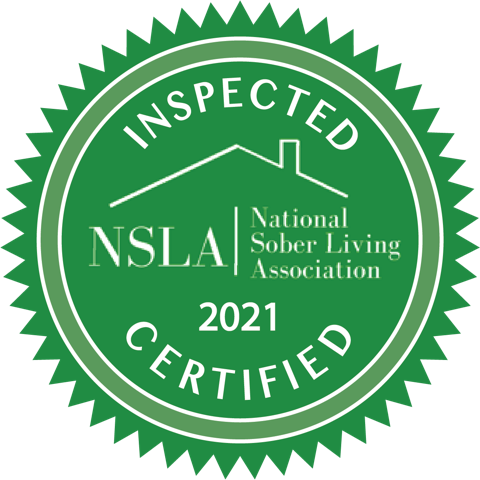Drug addiction is a problem many people keep secret. Frequently, they spend years trying to hide their addiction: even after the problem becomes impossible to deny, they prefer to kick it in private, so “no one ever has to know.” Isolating themselves from their closest, most healthy relationships in the process, they become secretive and lonely.
Sadly, that approach rarely works. Assuming they manage to lose the cravings without doing themselves serious harm in the withdrawal process, they still have only their own willpower to rely on for long-term recovery—and willpower is a limited resource at best.
Advantages of Sharing Your Struggle
With any important goal, chances of success are significantly improved by enlisting support and accountability. Knowing that someone else is expecting you to show up, do your self-inventory, and stay away from the bars provides extra incentive to follow through. Call it positive peer pressure: it’s easy to rationalize “a little cheating” to yourself, but not when someone who knows your weak spots is sure to ask how your evening went. Also, if you’re with peers doing something fun, you aren’t sitting alone thinking about the wine you used to enjoy every night.
Positive peer pressure, of course, requires positive, healthy relationships. Cut off or minimize your contact with anyone who encourages you to return to drug use, or otherwise generates toxic stress for you. Concentrate on building healthy relationships in recovery.
Characteristics of Healthy Relationships
True friends—the kind you want standing with you throughout your recovery—are:
- Empathetic and kind. (Telling you to “snap out of it” or “just quit,” however well-intentioned, is not empathetic or reasonable.)
- Willing to confront you with the truth when necessary, but never in a way that insults you personally or makes light of your struggle.
- Unreservedly confident in your ability to succeed, even if you fall a dozen times first.
- Aware of your weak spots and how to help you avoid them.
- Able to share their own struggles so you feel less alone.
- Ready to help on short notice when you most need it.
Also, healthy relationships are two-sided. Besides looking for supportive people who fit the description above, work on living up to it yourself. (Besides, the positive energy you generate in giving is immensely helpful to your self-esteem and your ability to stay sober in recovery.)
Keeping Relationships Healthy
Other ways to help relationships help you in recovery:
- Be completely honest about your goals and weak points, asking for support in specific areas.
- If you relapse or otherwise break a recovery-related promise, come clean with your support network immediately, no matter how embarrassed you are. You need them more than ever at a time like that.
- Never get overconfident or overbusy and convince yourself that skipping “a few” support meetings won’t hurt. The best way to avoid this trap: tell someone directly you’re looking forward to seeing them, or arrange to share a ride to the meeting. Or volunteer to bring a contribution.
- Never be afraid to let your feelings show. Be human, be yourself and be willing to play an active role in your recovery.
A Fellowship-Based Approach to Recovery
Still Waters uses peer fellowship and family healing, combined with a 12-step focus, to help those with long-running addiction struggles stay sober for good. We believe that the best way to keep off drugs and alcohol is to build strong relationships and become the person you were truly made to be. Contact us today to learn more.





